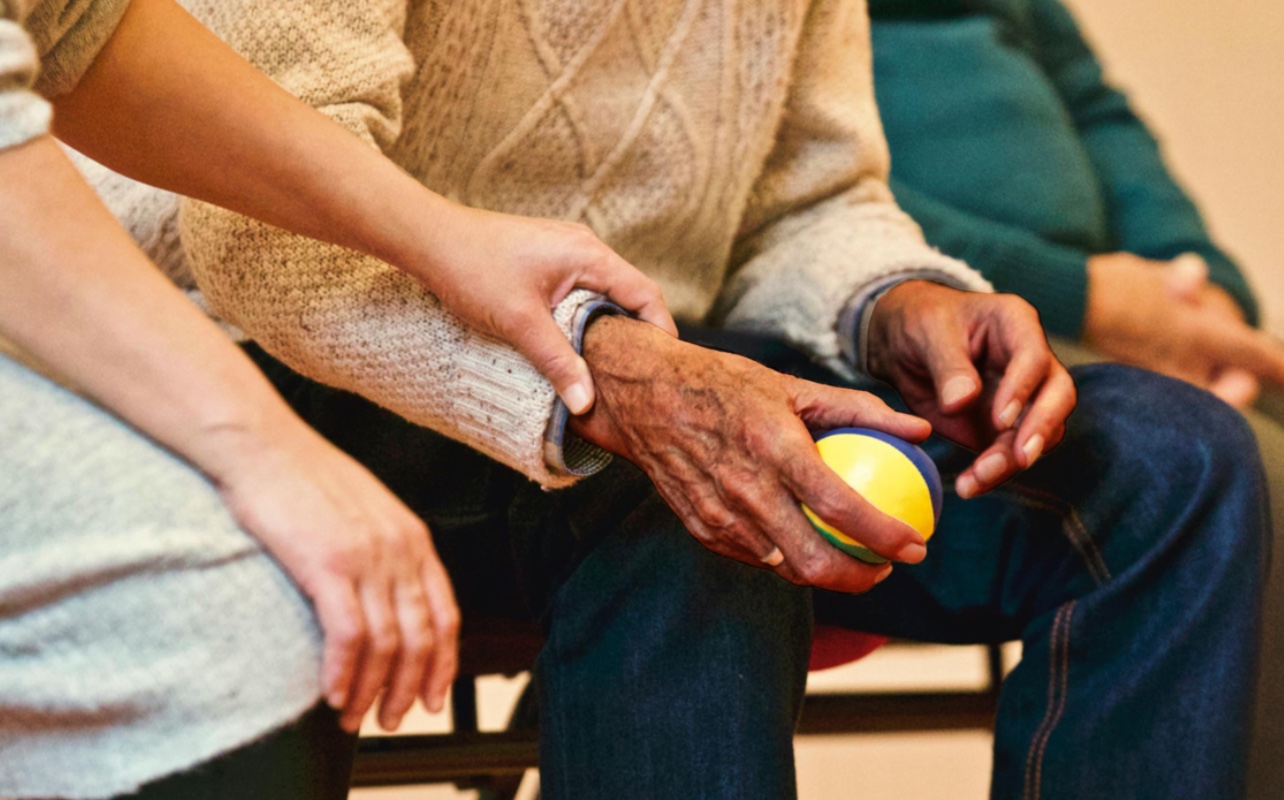
August 6, 2024
Black People Under Diagnosed, Under Treated For Parkinson’s Disease
Black people are generally less likely to be diagnosed with Parkinson's, and when they are diagnosed, it's often later in the process than white Americans.
Black people are underdiagnosed with Parkinson’s disease, and those who are often go untreated.
Following the selection of four hospital systems to participate in an expansion of the Black and African American Connections to Parkinson’s Disease program in March 2024, significant progress is being made in addressing the underdiagnosis of Black individuals with Parkinson’s. This initiative emphasizes the urgent need to recruit more Black participants into early treatment programs.
According to NBC News, David Leventhal, the program director of Dance with PD at the Mark Morris Dance Group, one of the largest exercise programs in the United States, has noted the absence of Black participants in the program.
“We’re always asking who’s not in the room and why are they not in the room?” Leventhal told the outlet. “In Parkinson’s, movement is medicine. So, if you’re not figuring out how to engage communities in movement, it’s basically like withholding medication. If this were a pill, there would be an uproar.”
During the early stages of Parkinson’s, exercise can slow symptoms that stimulate neurons in the brain, which produces dopamine. According to research published in the National Library of Medicine, exercise was presented as a potential game-changer treatment for Parkinson’s in its early stages.
Black people are generally less likely to be diagnosed with Parkinson’s, and when they are, it’s often later in the disease’s progression than white Americans.
According to Camilla Kilbane, a medical doctor and the director of the Parkinson’s and Movement Disorder Center, as well as the medical director of the Deep Brain Stimulation Program and the program director of Movement Disorders for the University Hospitals Institute, “Most previous Parkinson’s research has focused on a large predominance of Caucasian and white populations, with men overrepresented versus women.”
Kilbane continued, “Because of potential bias in data collection, the traditional thinking was that Parkinson’s disease risk was lower in Blacks and African Americans; however, this may not be true. The reality is that this population is too often underdiagnosed or diagnosed further into the disease progression.”
According to the Parkinson’s Foundation, in 2023, PD GENEration announced that Morehouse’s School of Medicine would become the first HBCU to become a PD GENEration research site; PD GENEration is the Parkinson’s Foundation’s global genetics initiative.
According to Amasi Kumeh, the director of research partnerships at the Parkinson’s Foundation, its initiative is helping to fill a critical need.
“PD GENEration has established a strong relationship with the community through engagement and programs,” Kumeh told Parkinson’s Foundation. “We have become a gateway to research, helping recruit diverse participants for clinical trials and providing information about the process.”
RELATED CONTENT: Research Shows Blacks Get Imaging For Alzheimer’s Later In Life Compared To Whites